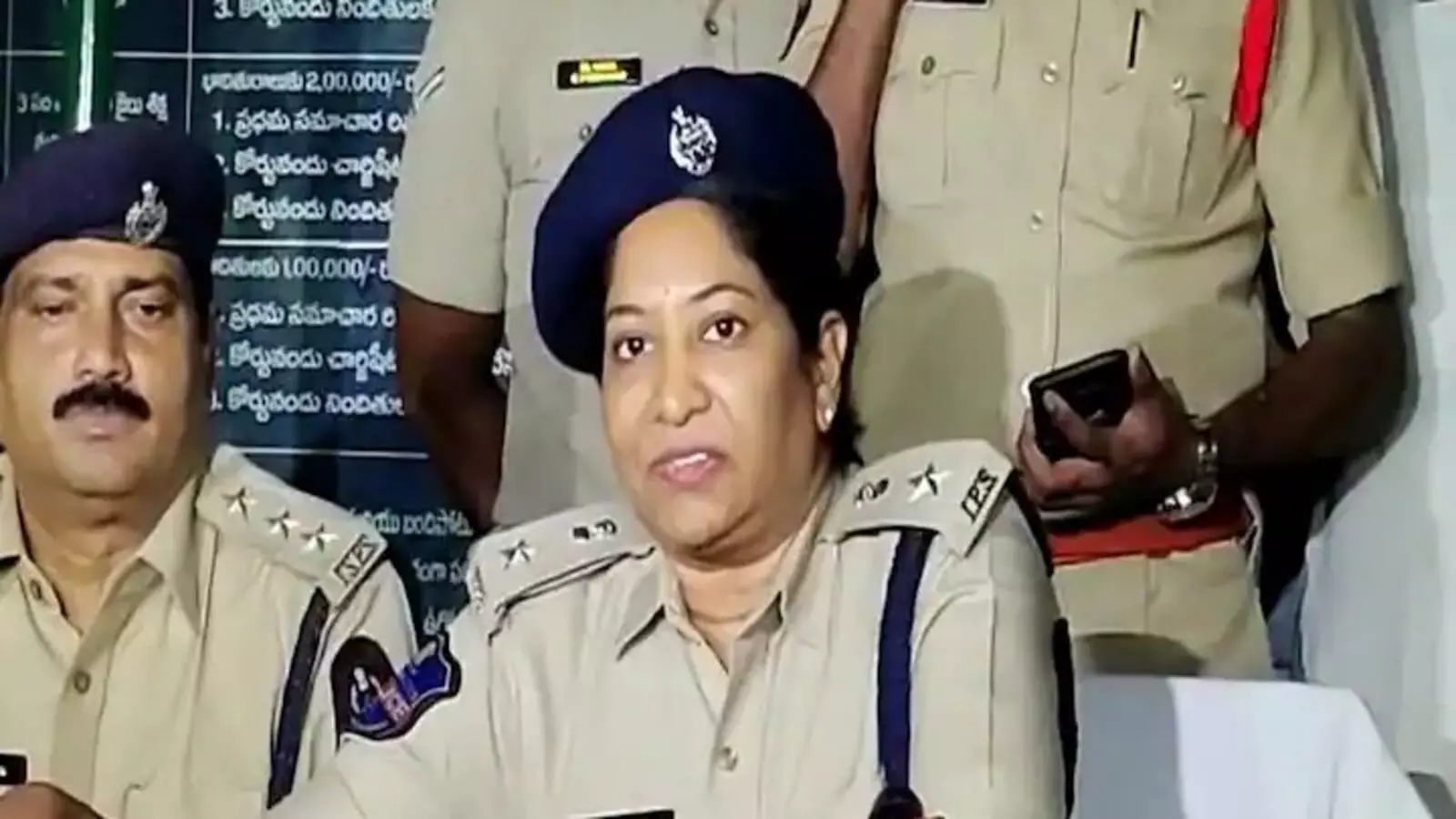The 'Anti-Agnipath' protests can get lifer, mar careers
The arrested would have to serve a minimum sentence of five years. And, in some cases, it can extend up to a life imprisonment.
HYDERABAD: Consequences of participating in a mob attack, ransacking and destroying public property on the pretext of protest are going to be irrevocably serious and mar the careers of youths. The violent protests against the 'Agnipath' scheme and the sections of criminal cases under which the agitators were booked boil down to this terrible situation.
Stones were pelted, trains set on fire, shops destroyed, and many injured leaving one dead in the Secunderabad railway station protests. The denouement of the 'premeditated' outburst of agitation are the cases under draconian laws, for the acts attract those sections of the law.
The aftermath for the accused
Officials have categorically asserted that the accused would never be given a chance to aspire for the 'Agnipath' scheme or any other government examinations. The arrested would have to serve a minimum sentence of five years. And, in some cases, it can extend up to a life imprisonment.
The Government Railway Police (GRP) has charged the accused with stringent Section 150 of the Indian Railway Act (IRA) which states: "Act or thing is so imminently dangerous that it must in all probability cause the death of any person or such bodily injury to any person as is likely to cause the death of such person, he shall be punishable with death or imprisonment for life."
Section 151 of the IRA deals with punishment "for causing destruction with fire, explosive substances or otherwise" and Section 152 with legal action "for causing damage to rolling stock forming part of train or endanger safety of individuals."
The GRP has also charged the protesters with Section 3 of the Prevention of Damage to Public Property Act (PDPPA) for "Mischief causing damage to public property"
The rioters have also been booked under various charges under Indian Penal Code (IPC). Section 14 (Unlawful assembly), Section 147 (rioting), Section 323 (voluntarily causing hurt), Section 332 (voluntarily causing hurt to deter public servant from duty), Section 336 (endangering human life or personal safety of others), Section 435 (mischief by fire or explosive substances with intent to cause damage), Section 448 (trespassing) and Section 307 (attempt to murder).
The Police inquiry
In a shocking turn of events, it was revealed that various WhatsApp groups like 'Railway Station Block' group, 'Hakimpet Army' group, 'Soldiers to Die' group, 'Chalo Secunderabad ARO 3' group, etc., were created. The Railway SP ascribed the enormity of the protests to the formation of the groups which were used to perpetrate the crime in an organised manner. They also said that many army coaching centres were involved in instigating the protest. The GRP identified over 500 protesters using facial recognition system and phone numbers retrieved from those WhatsApp groups.
The police arrested 46 rioters and were tracking down the others. All the offenders identified so far hailed form seven districts in Telangana.
SP Anuradha said that the case would be handed over to the Hyderabad City Police, keeping the jurisdiction in view.
Repercussions of the riots
The protest escalated quickly with stone-pelting, leading to setting trains ablaze. The damage caused is huge and never have the minute details been factored in nor were the people informed about the cost of the damage with a clear breakup.
The cost of making a general compartment (railway coach) is Rs.80 Lakhs, a sleeper coach costs Rs.1.25 crores, an AC sleeper coach costs Rs. 3.5 crores, and one engine can cost up to Rs. 20 crores. The Police said that 58 railway coaches were destroyed which meant a loss of over Rs.100 crores. The police also said that over Rs.12 crores of station property was damaged.
The Railway SP said that there was an engine carrying 3,000 litres of HSD oil and another 4,000 litres of transition oil, in close proximity to the rioters and said that a small flame to it would have resulted in a massive explosion causing unimaginable damage to property and lives. Responding to a query on why the police had to open fire, she said that it was a genuine attempt to prevent the explosion.
Hundreds of protestors were wounded, nine railway staff were severely injured and one protester lost his life. While the RPF men were still under treatment, civil police were discharged. Asked as to who opened fire, SP Anuradha said that it was the RPF. While only one had suffered a bullet injury, all others were pellets and some were ricochets.
The Defence authorities asserted that the scheme would not be rolled back and that the aspirants would have to take a pledge of not being involved in these riots. The 'Anti-Agnipath' arson has not only resulted in the loss of crores of rupees but also cast a cloud on the future of many young people.





